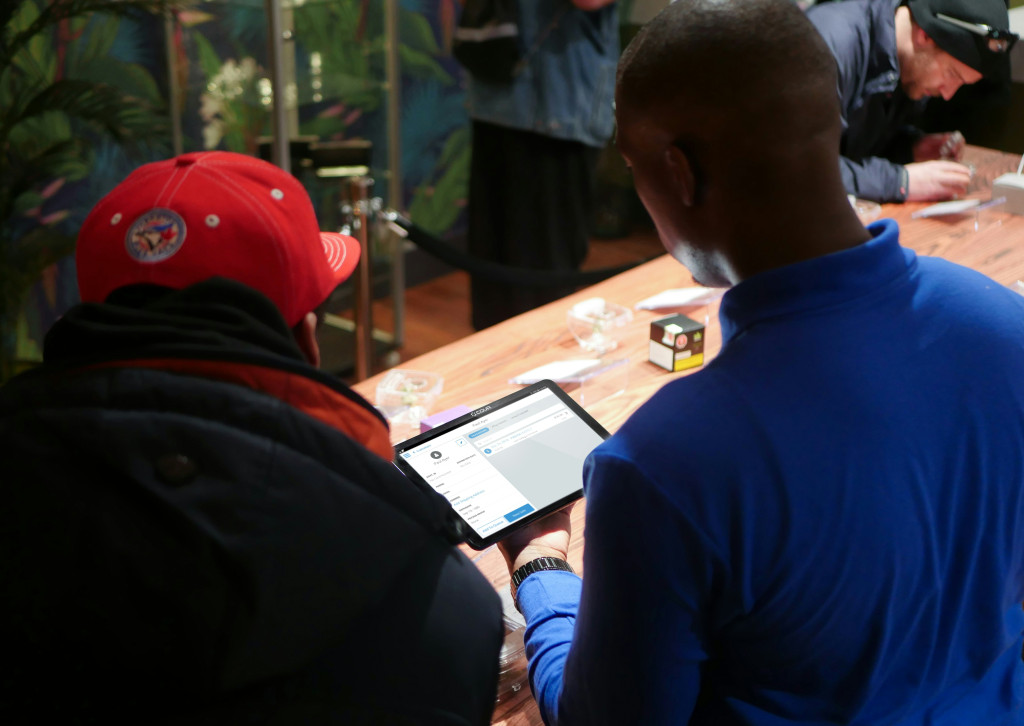A new study from the marketing firm, KelloggInsight, has shown that the association of drugs and racial minorities may inspire greater sales for Black owned cannabis and psychedelic companies.
Though historically resulting in negative outcomes for Black people, the socially-held belief that minorities know more about drugs than their white counterparts implies a sorta backdoor legitimacy for Black owners in the legalized drug trade.
To test that theory, University of Washington associate professor of marketing, Chethana Archar, Kellogg MBA alumna and consultant, Keyaira Locke, and Prof. Nidha Agrawal conducted a series of studies largely focusing on products labeled as “Black-owned” in both cannabis and psychedelic drug markets.
And the authors came to some rather fascinating results. “This is one of the few cases,” Archer tells KelloggInsight, “where it appears social stereotypes have positive market effects.”
Three Key Findings
Survey
Black professionals in the cannabis industry believe that labeling themselves “Black-owned” would boost support from Black consumers more than from white consumers.
Consumer Choice Experiment
In an A/B test, Black and white participants ended up preferring CBD gummies that were marketed as Black-owned, whereas if they were just purchasing something like candy, that preference was nowhere to be found.
Basically, the legalized drug category is unique among other industries in that Black people are seen as experts.
Real Ad Campaign Test
On Facebook, the researchers compared people’s interest in psychedelics using three versions of an ad: a Black-owned label, a woman-owned label, and one that didn’t identify race or gender at all.
Of the 43,000 ad impressions, the “Black-owned” ad received 21 percent more than the ad that didn’t have any identifiers compared to the woman-owned ad which received 15% fewer clicks than the non-ID ad. (As an aside, this study also kinda shows how much consumers are not really messing with the whole woman-led thing in the drug business but that’s a convo for another blog post).
What Does It All Mean
If these findings seem illogical, let me welcome you to racial stereotyping! Please pull up a chair.
Think about it, when the majority of people imagine a drug user, they largely imagine Black people. Consumers expect, as Archer notes, “an owner’s expertise to line up with that stereotype,” so some white companies end up being punished because in their customers’ imagination, they “should not be making this.”
It’s one of those instances where racism lowkey backfired, and maybe the only example of “reverse racism” being A Thing™ that actually exists.
Substance use has always been negatively associated with the Black underclass in ways that often lead to incarceration or premature death. However, with the legalization of drugs like cannabis and psychedelics, and hopefully, more states providing permits to Black-owned growers and companies, that all might be changing.
Quiet as it’s kept, stereotypes about Black people sometimes work in our favor.
Oh, the purse-clutching Karen skedaddles across the street when she sees us? Great, more sidewalk for us. A Gavin on a stupidly packed train would rather stand up than sit next to us? We weren’t tryna sit in bad energy anyway. Those microaggressions, though annoying, can be deemed blessings in disguise, even if they point to underlying racist attitudes from whites.
But when it comes to drugs, the Karens and Gavins are sitting in the back of the bus getting lit with the rest of us.
Photo Credit: Unsplash




